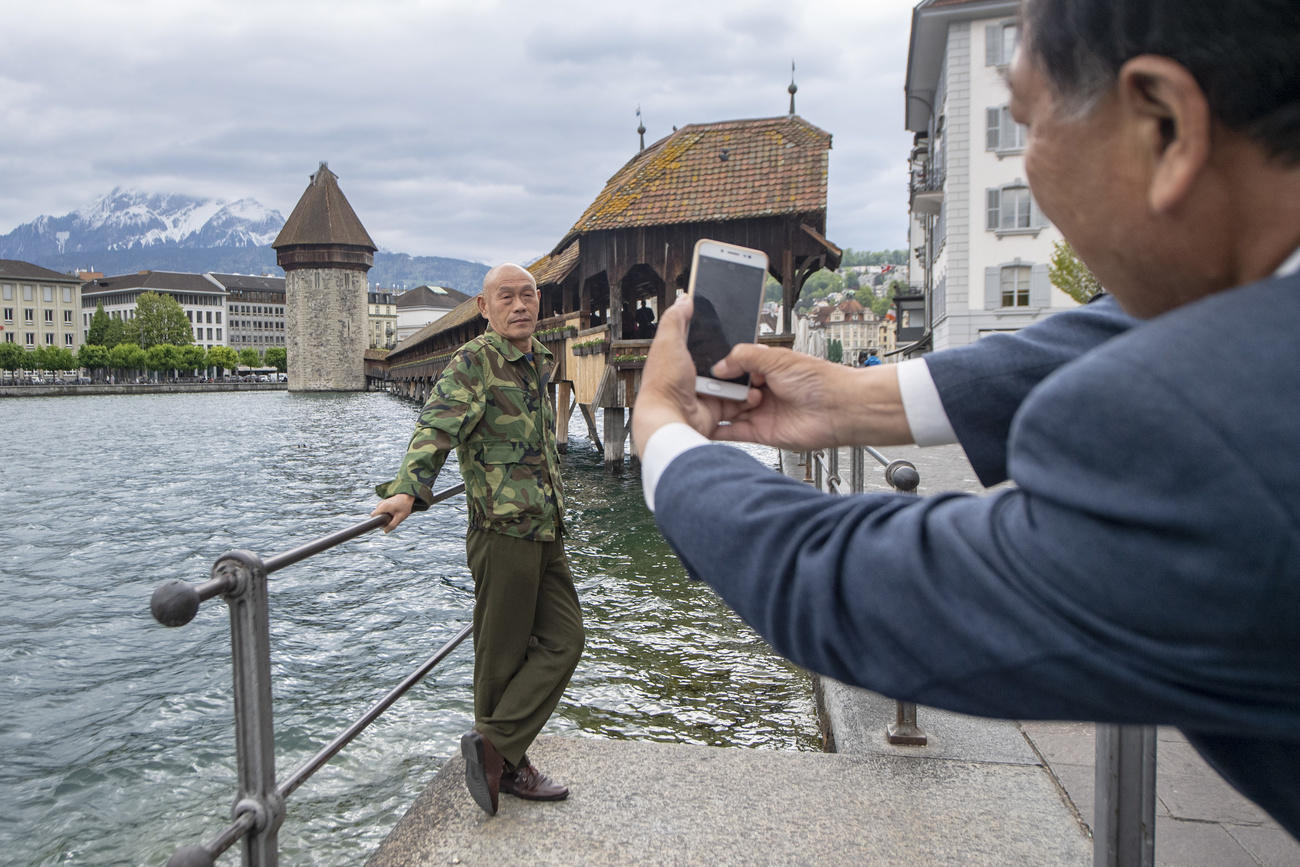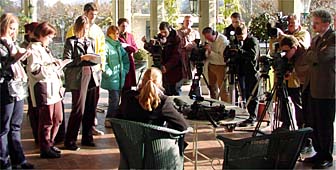
Mass tourism: Why we are all losers
Twenty years on, I haven’t forgotten the words of a survivor of a guided outing in the Swiss Alps that went horribly wrong.
In her testimony at the trial of the now defunct Swiss company that led a fateful canyoning trip in which 21 people died in a flash flood, the young Australian woman provided an account that contradicted the statements of the firm’s managers. Her version of events, about the weather and river conditions, was among the evidence that helped convict the company directors and three guides.
But what has stayed with me is not the details of the severity of the approaching storm that should have led the company, Adventure World, to call off the excursion. It was something else she said, an off-the-cuff remark at a hastily called press conference that had no bearing on the trial.

She admitted she had little if any knowledge of the risk sport she had signed up for. She remained largely ignorant of what was involved, even at the late stage of donning a wetsuit at the company’s base in Interlaken. She said she had simply gone along with what her friends and most others in the group had decided was the best way to spend their sole day in the region.
In a similar situation, I would do the same.
The Australian was with friends, including many new friends made among the group of young adults who were on a whirlwind sightseeing tour of Europe. The reputable agency she was travelling with, Contiki, had recommended the guiding company. The Interlaken business had an excellent track record.
It would have been difficult to say no.
+Read what efforts have been made to improve the safety of canyoning
But what we should question is a form of travel where we are not expected to think for ourselves, but rather encouraged to leave our good sense and inquisitive nature at home. We are told what to see, where to stand, eat, drink and shop. And in the unfortunate case of the canyoning disaster, where to get a kick of adrenalin.
For tour operators and service providers, such a volume-based strategy makes good economic sense. Before the tragic events of July 27, 1999, Adventure World had been moving a large number of people each day through the gorge where the disaster struck. In order to manage the high demand, it had taken on foreign guides who had canyoning experience but little knowledge of the region or its natural hazards. They were said to be under pressure to move as many tourists through the gorge as possible.
In my previous Letter From The Alps, I mentioned the rapid growth of global tourism. It is large travel companies and hotel chains and other suppliers who profit from this increase, herding and funnelling their flocks through the top attractions of the world’s hotspots. Their business model doesn’t make allowances for questioning customers.
The casualties, as has been widely reportedExternal link, are the places they swarm to and their resident populations: whether Paris or Venice, the towns near Peru’s Machu Picchu or Thailand’s Phi Phi islands. Businesses that provide essential goods for locals are replaced by more profitable restaurants and bars or, in the case of two of Switzerland’s hotspots, Interlaken and Lucerne, luxury watch shops.
There have yet to be the kind of anti-tourism protests in Interlaken or Lucerne seen in Barcelona or Venice, but the time might not be far off. In a new position paper, Switzerland’s Social Democrats want a cap on the number of Asian visitorsExternal link, whom they blame for what has become known as “overtourism”.
The leftwing party can expect a lot of sympathy for its position, especially after a visit in May by the largest single group of Chinese – numbering around 12,000 – ever to visit Switzerland made the headlines, including on our swissinfo.ch pages.
Asians should be replaced by Europeans who, the Social Democrat senator Hans Stöckli says, are “loyal guests, travelling to lesser-known places and coming in the off season too”. Singling out Asians for the wrath of the party may be unfortunate, since Europeans and North and South Americans are as guilty as anyone for the mass tourism plague that has blighted many a town and city.
Mass tourism cannot be blamed for a tragedy that played out 20 years ago in a Swiss gorge. But we should ask ourselves before we book our next vacation: do we really want to tread the same path and take the same selfies as the millions who’ve come before us?
Do you agree or disagree with my views on mass tourism? I’d like to hear from you. dale.bechtel@swissinfo.ch. You can also follow me on Twitter @dalebechtel
If you’ve been to Switzerland, you may also like this recent article by my colleague Thomas Stephens, who did a survey of what disappointed some of our readers when they visited.

In compliance with the JTI standards
More: SWI swissinfo.ch certified by the Journalism Trust Initiative








